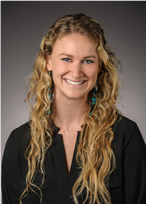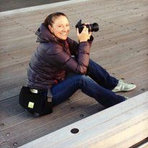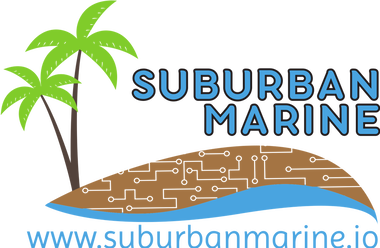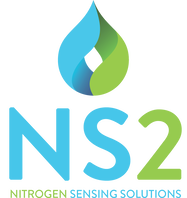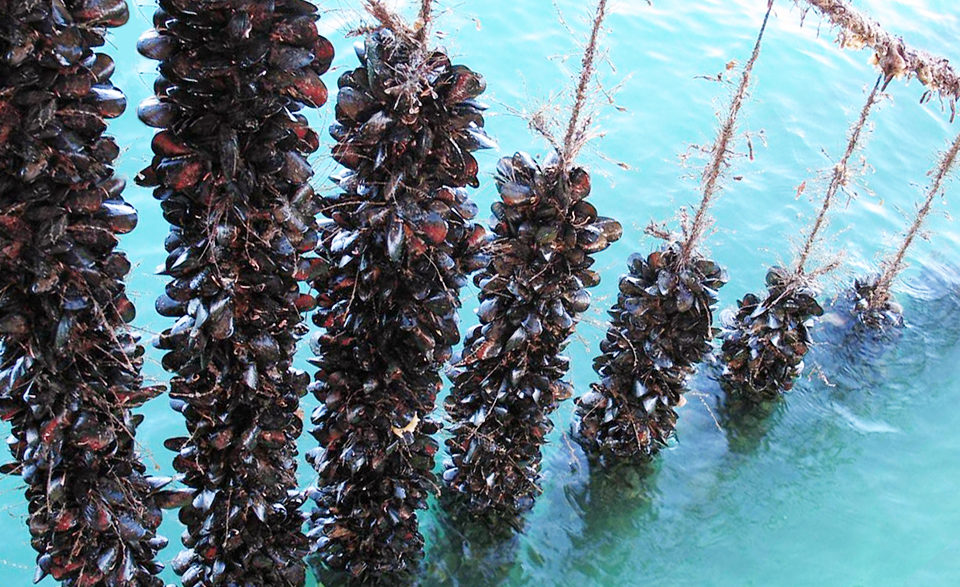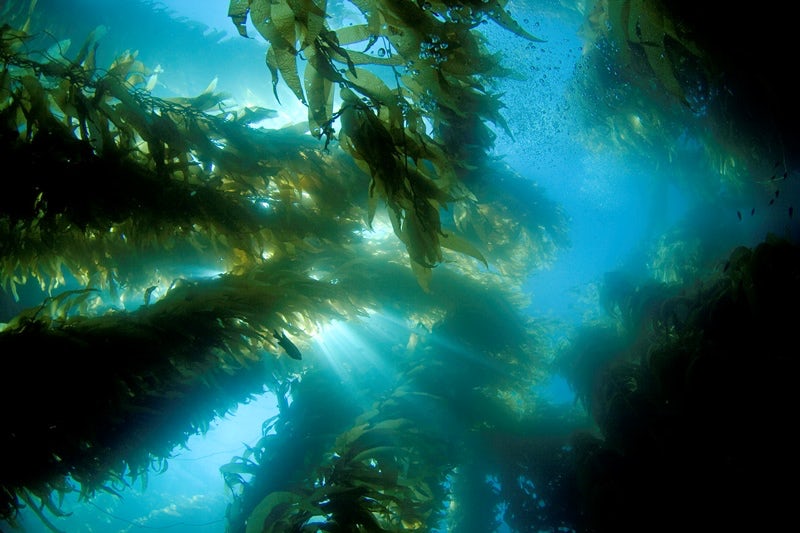At Stingray Sensing, we believe in supporting sustainable, scalable, restorative aquaculture. Climate change and ocean acidification pose a real threat to our society, but we can ameliorate some of those damages with effective, high-tech, restorative aquaculture practices. Seaweed (macroalgae) can be made into an abundant array of highly valuable, organic byproducts to replace fossil fuels, plastics, and synthetic fertilizers and reverse the negative feedback loop of climate change and ocean acidification. Marine algae play a vital role in carbon capture, producing up to 80 percent of the planet's oxygen and providing the base for almost all marine life. Additionally, bivalves have been shown to significantly improve water quality, and can also be turned into numerous valuable products.
We understand the policy landscape. Successful permitting requires useful, cost-effective, and consistent monitoring, and we are working with the regulators, ocean farmers, and other coastal resource users to develop reasonable environmental management and risk assessment strategies. Everyone here in the industry is doing something really special, and suffering from burdensome and inconsistent regulation.
From our collective backgrounds in environmental analyses we recognized the serious dearth of data and numerous issues with data quality impacting aquaculture in the United States. The aquaculture industry are pioneering and we will pioneer with you by providing and improving the necessary sensing technology and analyses.
From our collective backgrounds in environmental analyses we recognized the serious dearth of data and numerous issues with data quality impacting aquaculture in the United States. The aquaculture industry are pioneering and we will pioneer with you by providing and improving the necessary sensing technology and analyses.
Rae Fuhrman graduated from USC with a BA in International Relations and minors in Environmental Studies and Neuroscience; here she received multiple NSF funding supports for marine conservation reform. After graduating, she was the President’s Marine Policy Assistant at the Aquarium of the Pacific, conducting research on sustainable seafood, fisheries, and aquaculture, and pragmatically engaging with diverse stakeholders to foster collaboration and cooperation. She served for the last two years as the VP of Research and Environmental Management for Primary Ocean, working to develop large-scale macroalgae farms, while simultaneously completing her Masters in Environmental Science and Management from the UCSB Bren School. She sub-contracted for the Catalina Sea Ranch and Patagonia Seaweeds on the ARPA-E MARINER (Macroalgae Research Inspiring Novel Energy Resources) and was a task leader for the “Range of Deployment” work product.
Courtney Schatzman has a background in computational physics and applied mathematics; she graduated from UCSD. Before earning a Masters in Environmental Science and Management from the UCSB Bren School, she was a hydrographic data manager for a global seagoing-oceanographic research group at Scripps Institution of Oceanography. While traveling the globe with fellow sea-going scientists, she saw firsthand the negative impacts human activity has had on the marine environment, particularly in coastal areas and became interested in the role that different forms of marine life could have in mitigating those impacts. She believes that while human societies, in general, do not rapidly alter behavior that has a negative environmental impact, we can utilize natural solutions to help address the impact we have as our societies continue to develop and evolve.
Tom Bell is a project scientist at the Earth Research Institute at UC Santa Barbara. He specializes in the remote sensing and modeling of offshore aquaculture and coastal ecosystems. An FAA certified unmanned aerial system (drone) pilot, Tom has experience with several vehicle platforms integrated with both multispectral and hyperspectral sensors.
Partners
Developing novel solutions to underwater exploration, bringing cutting edge aerospace technology to the marine market. Suburban Marine is skilled in autonomous system design and integration, and can provide full stack, custom solutions to your problems.
Nitrogen Sensing Solutions is a technology startup focused on the development of cutting-edge sensing systems for water monitoring.
Key Advisers


